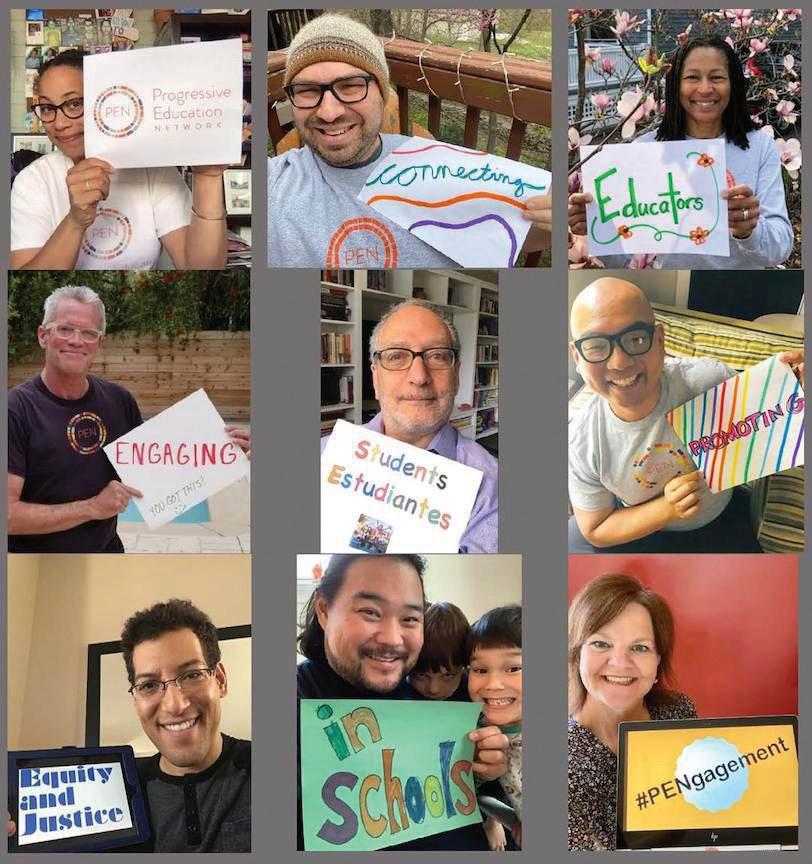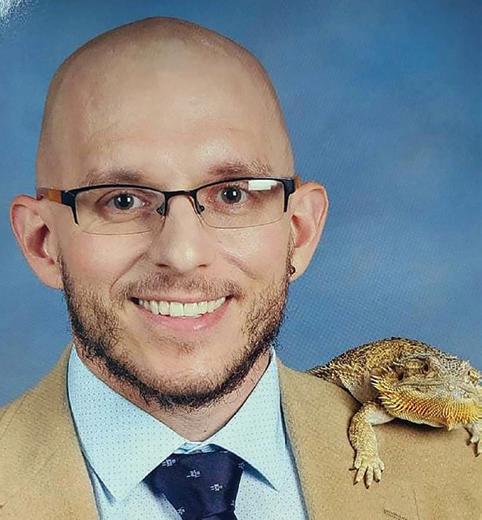PEN 2019 CONFERENCE: Paul Gorski Be a Threat to Injustice Everywhere — by Sunny Pai, Board Member
Identify the injustice, eliminate the injustice. That’s equity work.
Last October, at our National Conference in Minneapolis, Paul Gorski (founder of EdChange edchange.org and the Equity Literacy Institute equityliteracy.org) called on all of us to be a threat to injustice. He named the many ways in which we “dance around” doing equity work - by holding diversity celebrations or by engaging in initiatives such as mindfulness or restorative justice that help marginalized students cope with being marginalized, rather than rooting out the systems that keep them marginalized in our schools. He spoke in direct language:
Identify the injustice, eliminate the injustice. That’s equity work. If we are to challenge inequity in our schools, Dr. Gorski gave us four critical abilities to work on: • • • •
Ability to RECOGNIZE even the subtlest biases and inequities Ability to RESPOND to biases and inequities in the immediate term Ability to REDRESS biases and inequities in the long term Ability to CREATE AND SUSTAIN bias-free and equitable classrooms, schools, and institutional cultures
As I listened to Dr Gorski outline these four critical abilities, I thought about my own journey, and the enormous work it takes to increase my ability to recognize subtle (and overt) biases and inequities. As an Asian person who is privileged in almost every way other than race (gender, socioeconomic status, sexual orientation, etc), I am miles further down the road on this journey than I was ten years ago, but there is still much ground to cover. We can always learn more about the experience of people who are marginalized in ways that we are not. Training ourselves in this recognition is a lifetime of work. White educators must learn to recognize subtle racism. Cis-gender people must learn to recognize transphobia. Men must learn to recognize subtle sexism. This is important work. Recognizing inequity alone will not create justice. We must learn not only to respond powerfully and effectively in the moment - Dr. Gorski noted that in addition to the knowledge and skill to respond, Recognizing inequity we must ensure we have the will to respond - but also to redress biases and alone will not inequities in the long term. By this, he meant we must deeply inspect our create justice. institutional biases and constructs that caused us to have inequity to begin with. He said, “When you change an inequitable policy, don’t just change the policy but also ask the question: What is it about institutional culture that got us to this place where we have these inequitable policies and practices?” This is redressing biases and inequities in the long term, in our schools and in our lives.
10
PEN The Journal of the Progressive Education Network Spring 2020











